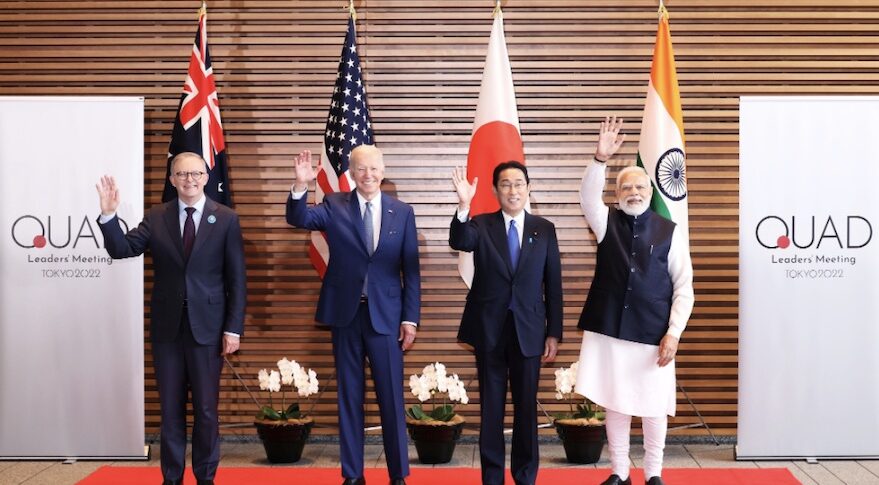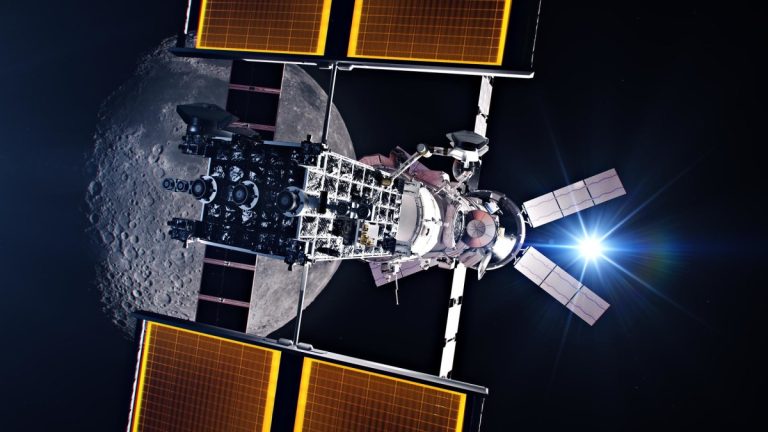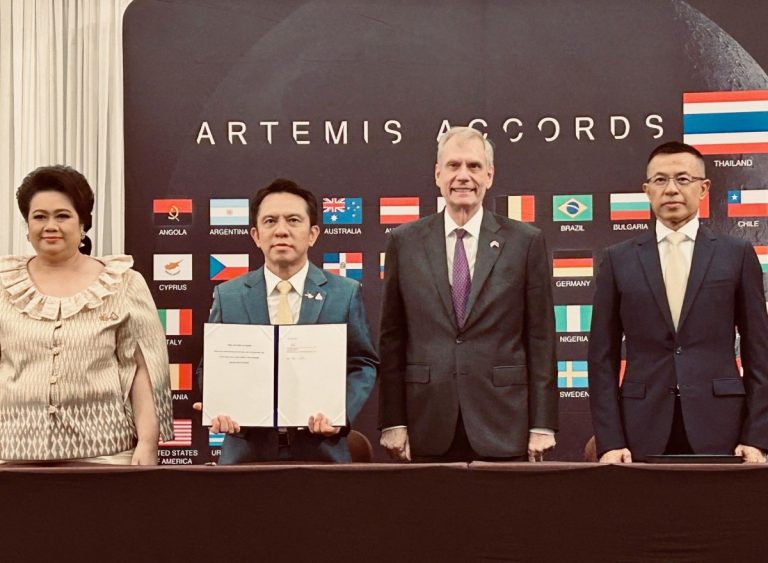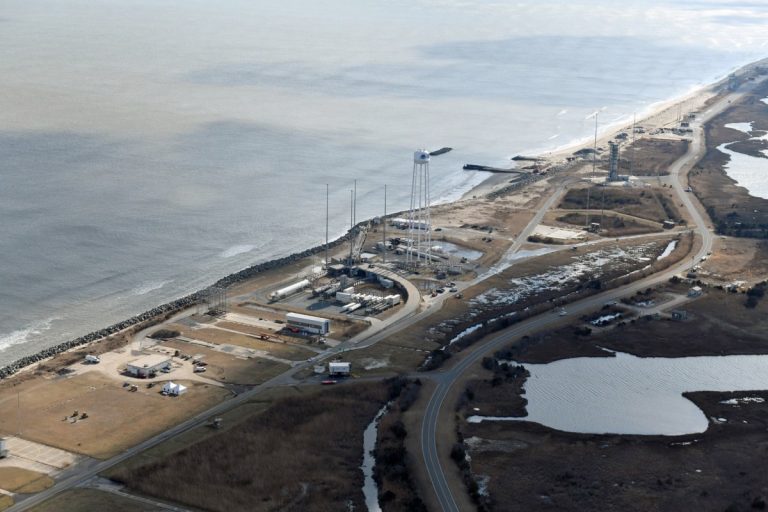
Quad nations unveil satellite-based maritime monitoring initiative (Image Credit: Space News)

SEOUL, South Korea — Leaders of the United States, Japan, India and Australia have agreed to launch a satellite-based initiative to help countries in the Indo-Pacific region track illegal fishing and other suspicious maritime activities.
The maritime monitoring pledge is part of a broader set of peace, security, science and technology agreements reached during the four-nation Quadrilateral Security Dialogue’s May 24 summit in Japan’s capital, Tokyo. Because the Quad is a U.S.-led security forum aimed at countering China, the monitoring effort is likely to focus on China’s maritime activities in the region.
“We strongly oppose any coercive, provocative or unilateral actions that seek to change the status quo and increase tensions in the area, such as the militarization of disputed features, the dangerous use of coast guard vessels and maritime militia, and efforts to disrupt other countries’ offshore resource exploitation activities,” the leaders said in a joint statement released after their meeting. The statement did not explicitly name China. They said the satellite-based maritime domain awareness initiative will “promote stability and prosperity in our seas and oceans.”
In comments to reporters May 24, Japanese Prime Minister Fumio Kishida said the summit was to discuss and advance “practical cooperation” in the Indo-Pacific region, not to target any particular country, the South China Morning Post reported. But the prime minister noted that the four countries expressed “grave concern” over “China unilaterally changing the status quo in the East and South China Seas.”
Along with Biden, who is on his first tour of Asia as U.S. president, Indian Prime Minister Narendra Modi and the new Australian Prime Minister Anthony Albanese flew to Japan for the day-long meeting. The leaders of the four nations last met in person in September, in Washington.
On top of this, the four leaders agreed to improve public access to Earth-observation satellite data and applications by opening a “Quad Satellite Data Portal” that aggregates links to respective national satellite data resources. This overture is part of efforts they seek to address global challenges such as climate change with space-related applications and technologies.
“Space-related applications and technologies can also contribute to addressing common challenges such as climate change, disaster preparedness and response, and sustainable uses of oceans and marine resources,” they said in the statement. “We will work together to develop space applications, including in the area of Earth observations, and provide capacity building support to countries in the region, including with regards to partnering on using space capabilities to respond to extreme precipitation events.”
The leaders also agreed to hold joint workshops to promote rules, norms, guidelines and principles for the sustainable use of space.p








